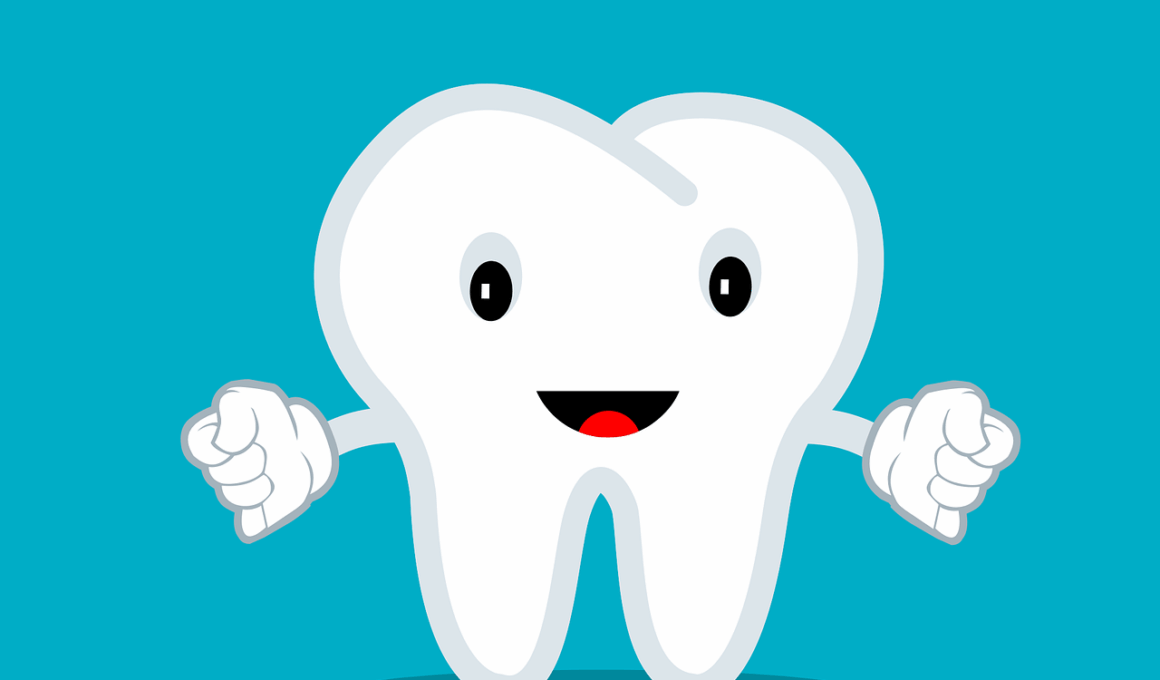Best Dental Care Practices for Cats That Roam Outside
Caring for your outdoor cat’s dental health requires special consideration, as they face unique challenges compared to indoor cats. Cats that spend time outdoors are more prone to dental issues, such as gum disease and tooth decay. It is essential to understand how their lifestyle affects their dental hygiene. To maintain your cat’s oral health, it’s important to schedule regular vet check-ups that include dental examinations. These check-ups can help identify issues before they become serious. Additionally, you should provide a balanced diet that supports oral health. Dental treats specifically designed for cats can help reduce plaque while your pet enjoys a tasty snack. Incorporating chews or toys designed to promote dental cleaning can also enhance your pet’s routine. Furthermore, consider using dental water additives that can help control tartar buildup. Beyond diet and check-ups, daily oral health practices are crucial. Regularly brushing your cat’s teeth, using feline-specific toothpaste, keeps their teeth and gums healthy. Don’t forget to pay attention to signs of dental distress, such as bad breath or changes in eating habits.
Another vital aspect of managing dental care for outdoor cats is understanding their environment. Outdoor cats may encounter various objects that can lead to dental injuries, such as broken teeth or other oral trauma. Keeping an eye on their playing habits will help identify potential hazards. When they chew on sticks or hard surfaces, injuries can occur that compromise their dental health. It may be beneficial to limit access to certain areas where risks are higher. If your cat has already experienced dental issues, be sure to recognize and address them immediately. Early intervention can prevent long-term complications and more costly veterinary bills. Also, consider investing in a high-quality dry food that helps promote dental health through its texture. Wet foods can contribute to plaque buildup so try a mix for better overall care. Moreover, ensure your cat has access to fresh drinking water throughout the day to aid in digestion and oral health. Additionally, monitor your cat’s behavior during mealtime. If they exhibit signs of pain, it could signal underlying dental problems requiring veterinary attention.
Lifestyle Considerations for Outdoor Cats
Outdoor cats typically have an active lifestyle, which influences their health and diet considerably. This increased activity might lead to higher energy and nutritional needs. Providing quality food tailored to an outdoor lifestyle is essential for their overall health and their dental well-being. High-protein foods often contribute to healthier gums and are less likely to contribute to excessive plaque buildup. When selecting food, ensure that it meets the nutritional level for cats based on their activity levels. Moreover, consider providing dental chews during playtime, which can serve dual purposes: enjoyment and dental care. Establishing a routine that includes dental maintenance will encourage your cat to accept these practices more easily. Combining outdoor play with specific dental care routines will ensure your cat remains happy and healthy. Even though you cannot prevent all dental issues, these practices can minimize their impact. Also, be aware that some outdoor cats may experience dental disease due to hunting behavior. Chewing on prey can sometimes damage their teeth, so maintaining regular dental assessments becomes crucial in outdoor living conditions.
Regular dental cleanings can significantly improve an outdoor cat’s dental health. If your cat is already accustomed to vet visits, consider discussing dental cleaning during these appointments. Professional cleanings help remove tartar and plaque buildup that regular brushing might miss. This preventive care can be crucial for cats that face exposure to dirt and bacteria in their environments. Additionally, consider monitoring the cat’s water intake, as hydration plays a crucial role in oral health. Fresh, clean water helps rinse away food particles and bacteria, reducing the risk of oral diseases. When changing water, observe if your cat prefers running water, which may entice them to drink more. Utilizing water fountains designed for cats can encourage fluid intake and promote better dental hygiene. Always keep in mind that products and treatments should be specifically formulated for feline use. Human products can sometimes cause harm to pets. By establishing a routine focusing on dental care, outdoor cats will lead healthier lives, reducing the likelihood of emergencies related to dental crises. Incorporating these simple measures can make a significant difference.
Understanding Cat Behavior and Their Dental Needs
Understanding your cat’s behavior is essential for effective dental care. Cats often hide pain, which makes recognizing dental issues challenging. Pay attention to changes such as decreased interest in food or toys, which may indicate discomfort. If your outdoor cat frequently paws at their mouth or shows sensitivity when being petted near the jaw, vet consultation is needed. Regular interaction can help you spot subtle changes in behavior or grooming habits, indicating potential dental problems. Moreover, consider your cat’s personality during dental care. Some cats may be more receptive to brushing or dental treatments depending on their temperament. Incorporate dental care into playtime; for instance, using toys with dental benefits during active sessions can make the process fun rather than stressful. Adjust techniques to suit your cat’s comfort level without causing anxiety. Help your cat see dental care as an enjoyable activity rather than a chore. With patience and consistency, your outdoor cat can adjust to a dental care routine, making it easier to maintain their oral health effectively in the long run.
Finally, keeping a watchful eye on your outdoor cat’s dental health can lead to a happier, healthier companion over time. Outdoor cats are at risk for a range of dental and health concerns, and you play a role in promoting their dental hygiene. Maintaining a close relationship with your veterinarian allows you to obtain the proper guidance on products and procedures. Make it a habit to schedule regular dental check-ups to ensure your cat remains healthy as they age. As your cat’s needs change over time, adapt your care routine accordingly; this includes considering their diet, oral health practices, and environmental exposure. Implementing structured dental care from a young age promotes a positive habit that can last a lifetime. Always strive to educate yourself about potential health issues your cat may face due to their outdoor lifestyle. Keep informed on best practices and products that can help. When in doubt, consult with a veterinary professional. Engaging in proactive dental care ensures that your cat enjoys a healthy, fulfilling life outdoors while minimizing potential dental-related health crises.
Conclusion: Prioritize Your Cat’s Dental Health
In conclusion, outdoor cats require distinct dental care strategies that focus on their unique habits and lifestyles. Making dental care a priority ensures that your feline friend can live a healthy, active life. Implementing simple strategies, such as regular brushings, vet check-ups, and dietary adjustments, creates an effective routine. Tailoring your approach based on your cat’s behavior and environment will yield more successful results. Also, enhancing your pet’s dental health through enjoyable treatments will reduce anxiety related to dental care while making it fun. Each small effort you make contributes to your pet’s overall well-being, helping you avoid costly dental emergencies in the future. Always remember the importance of monitoring your cat’s oral health and emphasizing preventive care. Nutrition, environment, and behavior play significant roles in your cat’s dental health. By staying informed and adaptable, you can maintain your outdoor cat’s oral hygiene effectively. Form a lasting bond while ensuring your furry friend enjoys their outdoor excursions while remaining healthy and happy. Taking these steps will allow you to enjoy a strong and joyful companionship.
This article emphasizes the importance of dental care practices for outdoor cats. Following these tips will help support your cat’s dental health long-term. To sum up, prioritize their check-ups, pay attention to their behavior, and adapt dental care regimens. Consider their dietary needs and offer products that cater to dental health. Always stay proactive in monitoring their wellness to ensure a happy and healthy life for your feline friend. Your dedication to their dental hygiene will yield wonderful results, and your pet will thank you for it in every purr and gentle nuzzle. By implementing these best practices, you are guaranteeing a healthier lifestyle that pays off in companionship and joy.


